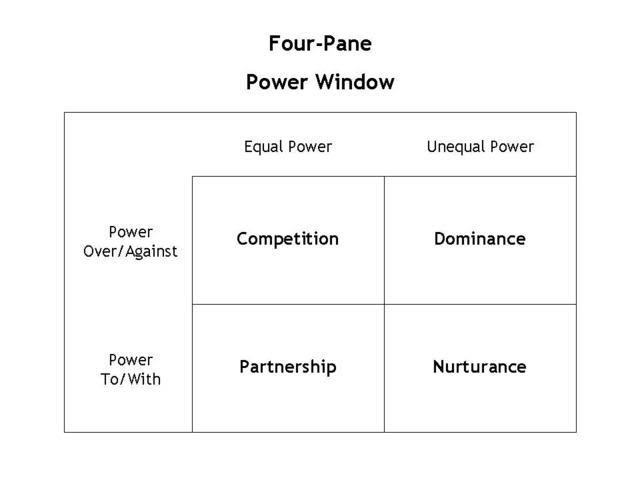For decades Republicans have tried to claim that - in their attempts to eliminate the government's social safety net - they are not heartless. They simply suggest that private philanthropy should do the job. Today
Michael Hiltzik does a pretty good job of explaining why that won't work. He provides two reasons.
To begin with, charitable organizations typically fall prey to the same economic pressures as the rest of society. "Giving falls when it's needed the most," observes Christopher Wimer, an expert on poverty and the social safety net at Columbia University.
In economic terminology, charitable giving is pro-cyclical, not counter-cyclical, unlike programs such as unemployment insurance and food stamps, which expand to meet rising needs...
Another issue is that philanthropic giving is not synonymous — at all — with helping the needy. Quite the contrary.
As charitable giving is structured in the United States today, it too often plays out not as the rich helping out the poor, but as the rich increasing the gap between themselves and the poor...
A 2007 study by Indiana University's Center on Philanthropy found that only 30% of individual giving in the benchmark year of 2005 was aimed at the needs of the poor — including contributions for basic needs, donations to healthcare institutions, for scholarships and allocations from religious groups.
Anyone who had any association with a nonprofit during the 2008/09 Great Recession is very well aware of Hiltzik's first point. As the need for assistance grew, charitable giving plummeted and nonprofit services either scaled back or shut down.
His second point is also critically important. We often hear about how generous people are in the U.S. What we don't hear is a breakdown of where that money goes. The vast majority goes to churches (Hiltzik points out that 3/4 of that goes to "congregational operations") and schools (mostly alma maters). But it gets even worse. As federal, local and state funding is reduced - schools, firefighters and police are setting up their own nonprofits to raise private funding. While those efforts might be noble, unless the pie being divvied up grows, the competition for charitable dollars intensifies.
One point Hiltzik didn't make that should be included is that there simply aren't enough charitable dollars to cover the need. For example, according to
Charity Navigator, private donations totaled a little over $300 billion in 2012. Sounds like a lot of money, right? But lets compare that to
what the government currently spends on a pretty weak safety net:
Social Security: $773 billion
Medicare, Medicaid and CHIP: $732 billion
Other safety net programs: $411 billion
That pretty much covers the financial side of things. But what about the moral case? Let's take a look at how Dinesh D'Souza makes that argument. (Yeah, I know you don't want to listen to him. But I suspect that most conservatives think he makes the best case out there - so its worth deconstructing.)
D'Souza uses an interesting analogy in which he compares government programs (in this case, Obamacare) to the President holding a gun to our heads. Let's leave aside for a moment the fact that most people using Obamacare will pay for their own health care and think about his argument more generally. What he's saying is that this is a fitting analogy for programs initiated via our democratic republic. Our founding fathers should be turning over in their graves at this bastardization of government "of, by and for the people." But its a pretty typical Republican argument. Remember Ronald Reagan: "Government isn't the solution...its the problem?" IOW, government is "them" not "us."
I have a completely different view of the role of our government - the one outlined by
President Obama last year at the Democratic National Convention.
We honor the strivers, the dreamers, the risk- takers, the entrepreneurs who have always been the driving force behind our free enterprise system, the greatest engine of growth and prosperity that the world's ever known.
But we also believe in something called citizenship — citizenship, a word at the very heart of our founding, a word at the very essence of our democracy, the idea that this country only works when we accept certain obligations to one another and to future generations...
We, the people — recognize that we have responsibilities as well as rights; that our destinies are bound together; that a freedom which asks only, what's in it for me, a freedom without a commitment to others, a freedom without love or charity or duty or patriotism, is unworthy of our founding ideals, and those who died in their defense.
As citizens, we understand that America is not about what can be done for us. It's about what can be done by us, together through the hard and frustrating but necessary work of self-government. That's what we believe.
That belief in self-government says to me that when something is not working in our society, we are obligated to come together as citizens to develop solutions. Government is where we work towards the commonweal: the welfare of the public.





